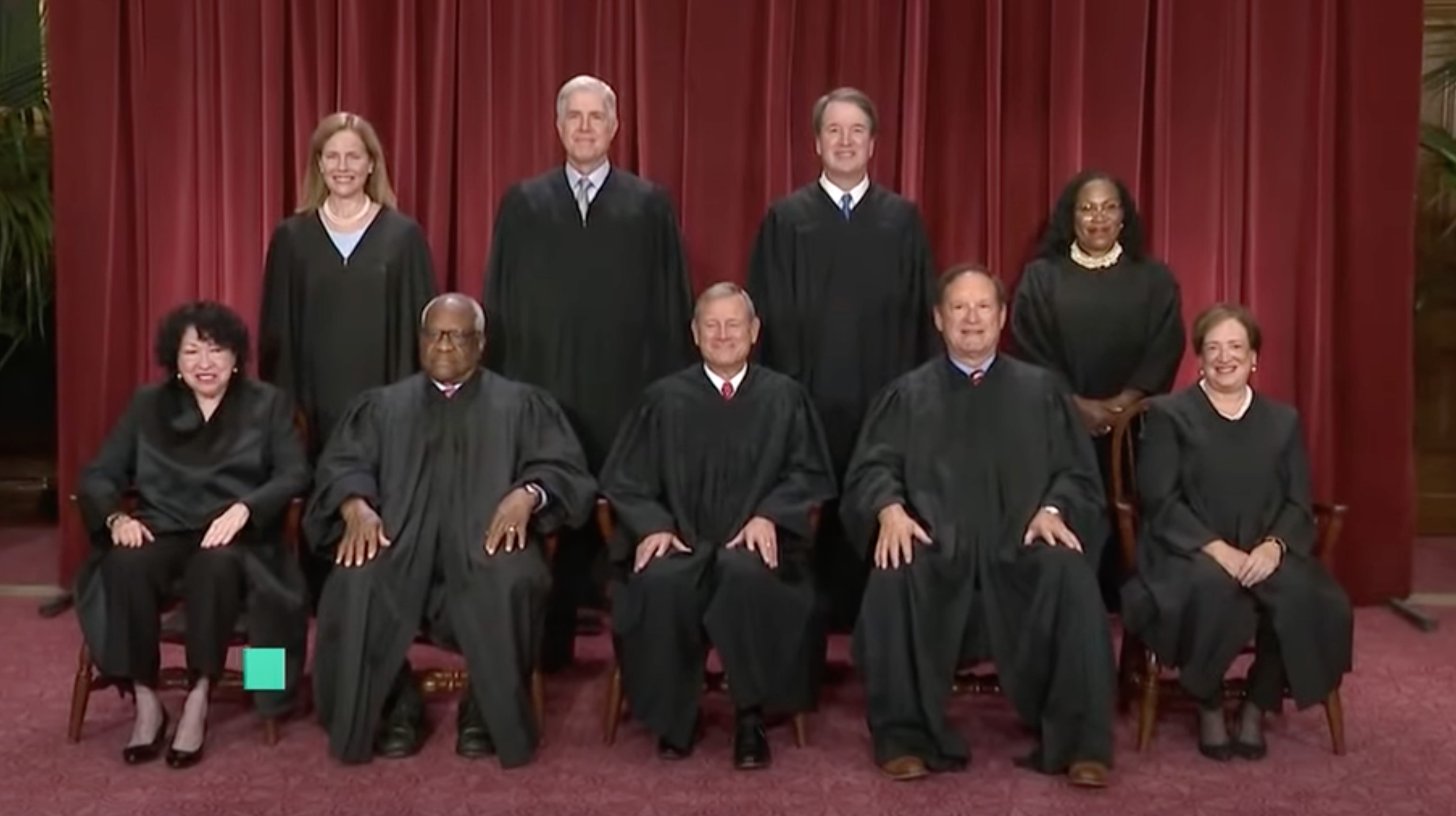The U.S. Supreme Court is considering cases that may signal a shift in allowing federal agencies significant leeway in interpreting laws passed by Congress.
This practice, initiated by the Chevron decision, has led to substantial regulatory and judicial challenges.
The court is now reviewing two cases that could potentially lead to the end of this practice. (Trending: Trump Responds To Biden’s Bombing In Yemen)
The cases involve the interpretation of the Magnuson-Stevens Act, which has resulted in federal agencies imposing significant financial burdens on fishing companies.
The Supreme Court is considering whether to overrule the Chevron decision or clarify that statutory silence on certain matters does not constitute ambiguity requiring agency deference.
Several justices have expressed skepticism about the broad powers granted to federal agencies, indicating a potential shift in the court’s approach.
“At long last, on Wednesday, the Supreme Court will hear two cases that may signal the beginning of the end to that revolution,” former US assistant attorney general Thomas M. Boyd said.
“Forty years of regulatory and judicial tumult have ensued, finally crescendoing to a point that has compelled the Supreme Court to intervene,” Boyd wrote.
“The Constitution does not authorize agencies to use pen-and-phone regulations as substitutes for laws passed by the people’s representatives,” Justice Neil Gorsuch wrote.
The outcome of these cases remains uncertain, but there is a sense that a ruling against the broad grant of power to federal agencies is overdue.
Most Popular:
Anthony Fauci Questioned About Evidence Behind COVID Restrictions
GOP Rep. Mace Clashes Directly With Hunter Biden At Hearing
Trump Defies Court And Delivers Closing Argument At Civil Fraud Trial


